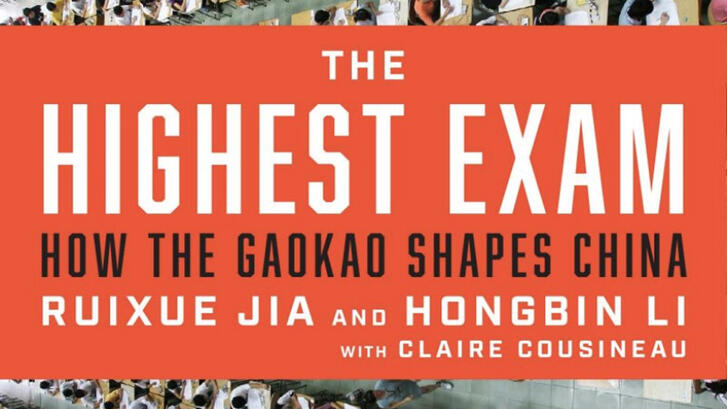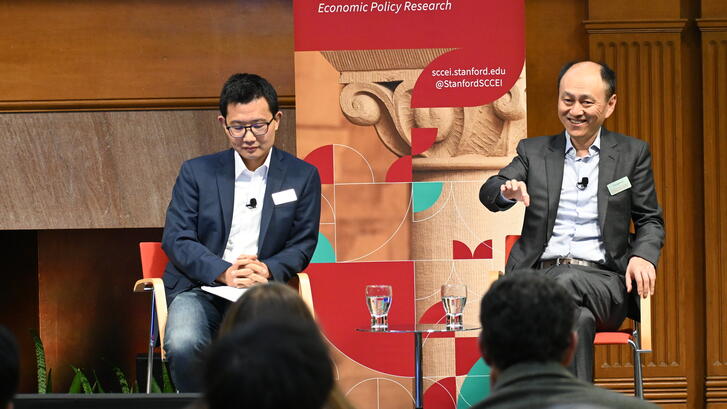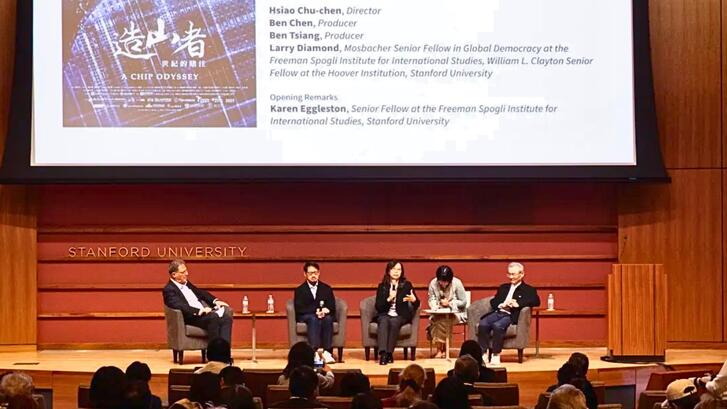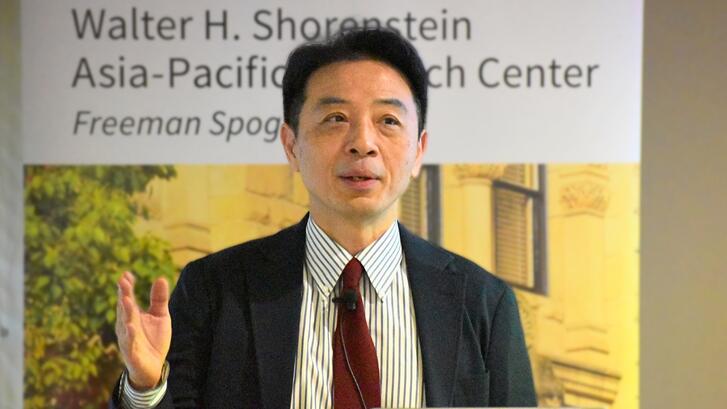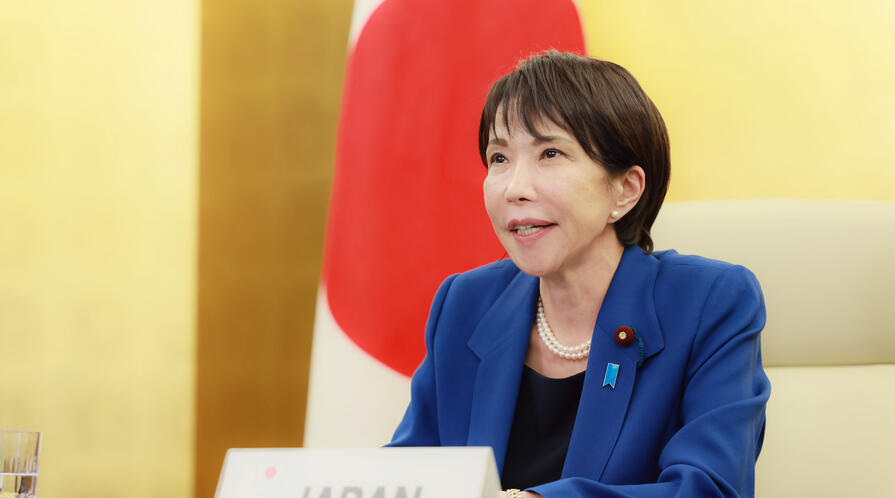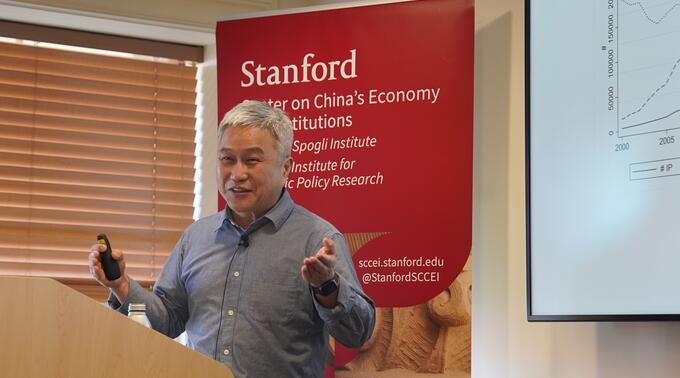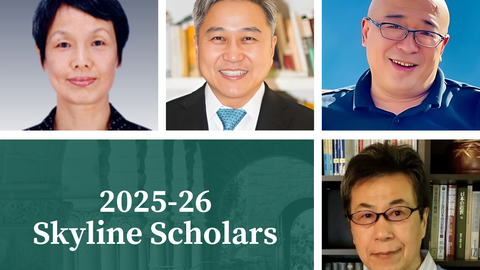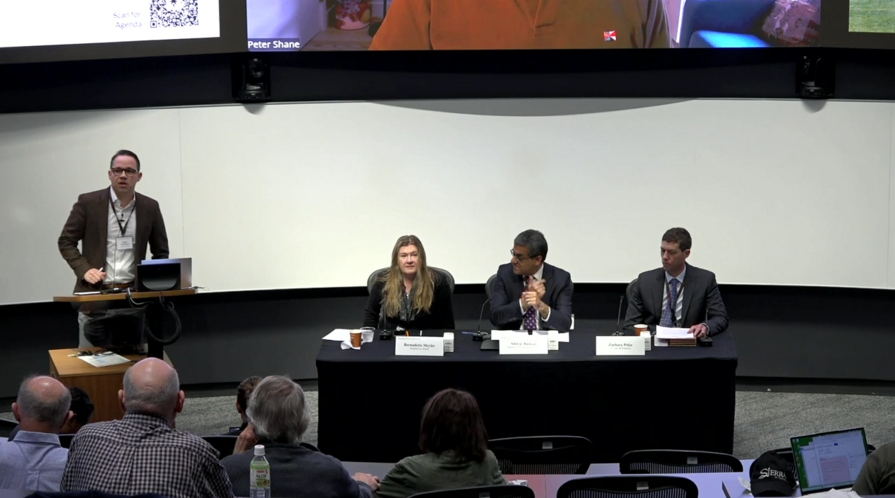Local Governments Drive Most Industrial Policymaking
The data show that roughly 80 percent of industrial policies originate from local governments, including provinces, cities, and counties, while only about 13 percent come from the central government. This pattern highlights the importance of local initiative in shaping China’s industrial landscape.
Over time, however, the researchers find that central influence has grown, with greater policy coordination across different levels of government, especially since the early 2010s.
Policy Tools Evolve as Industries Mature
The study finds that China uses a wide range of tools to carry out its industrial policies, including fiscal subsidies, market access and regulation policies, support technology R&D and adoption, labor policy, and tax incentives, among others.
The composition of these tools shifts systematically as industries develop.
- Emerging industries tend to receive entry-oriented support such as subsidies and land incentives.
- Mature-industry policies more often target R&D, labor and skills development, supply chain coordination, and consumer-side demand stimulation.
This evolution shows a clear pattern in how governments adjust policy instruments over time.
Imitation is Widespread — and Linked to Weaker Results
Many local governments replicate industrial policies from other regions, particularly from cities within the same province. This imitation contributes to policy duplication, inefficient competition, and industrial overcapacity when multiple localities pursue the same sectors or strategies.
Empirically, the study shows that “follower cities” — those that copy policy language or design from others and upper level governments without nuanced local adaptations — experience smaller gains in firm sales, profits, and productivity compared with cities that create original policies. The findings highlight how widespread imitation can dilute the effectiveness of local policy initiatives.
Different Tools Yield Different Firm Outcomes
By linking policy activity to firm-level data, researchers identify how industrial support affects businesses:
- Industries targeted with supportive policies are more likely to receive subsidies, higher tax deduction rates, and long-term loans.
- Fiscal and land subsidies are associated with higher rates of firm entry and investment.
- R&D support, cluster development, and equity investment show stronger correlations with productivity growth.
These findings highlight the diversity of policy instruments and their varied associations with firm performance.
A Comprehensive View of China’s Policy Landscape
Together, the results provide an unprecedented data-driven map of China’s industrial policymaking from 2000 to 2022.
The dataset—covering millions of documents and thousands of firms—offers a new empirical foundation for understanding how industrial policies are designed, implemented, and adapted over time.
Professor Hanming Fang is an applied microeconomist with broad theoretical and empirical interests focusing on public economics. His research integrates rigorous modeling with careful data analysis and has focused on the economic analysis of discrimination; insurance markets, particularly life insurance and health insurance; and health care, including Medicare.
Hanming Fang is Norman C. Grosman Professor of Economics at the University of Pennsylvania. In early 2026, Professor Fang will join the Stanford Center on China’s Economy and Institutions as a Skyline Scholar. During his appointment he will participate in a rich spectrum of activities including expert talks and collaborative research efforts.

